It is Hollywood, in perpetual summer, and Ludwig Bemelmans has driven past some unusually well-groomed eucalyptus trees for a meeting with Elsie de Wolfe, Lady Mendl, interior decorator to the stars. In her salon is a footstool that once belonged to Madame de Pompadour. Lady Mendl’s husband comes into the room and trips over the stool. ‘My God, he’s dead,’ says Lady Mendl.
He isn’t, of course. He’s the classic English booby beloved by Hollywood, so is immortal. Death hangs over this book in a way I’ll return to later, but at this point it’s mainly because Lady Mendl is old, old. 80? 90? No one knows for certain. But she has a force for life which is close to insanity.
Everyone here is mad in one way or another. Bemelmans, a painter and story-teller for Hollywood, is the sanest; but he has his own demons, such as melancholy, which he keeps at bay with fine living – and in Hollywood in the 1940s there is plenty of that around. (The book’s blurb says it’s the 1930s, an unusual mistake for this fine publisher.)
There are parties of Petronian extravagance, and the most upscale restaurants on Earth. Because Lady Mendl can see auras and has taken an immediate liking to Ludwig, whom she always calls Stevie, she brings him along to a dizzying number of these. At one point someone sends him a 10lb tin of Oscietra caviar. With Europe in ruins and Russia otherwise occupied, this is something of a rare delicacy. (I looked it up: it would now cost about £5,600, and who knows how much then.) Bemelmans, who has recovered from a car accident whose causes are too ludicrous and complex to list here but are built up to splendidly, places the tin in a box which he seals with wax and, because he has to share a refrigerator, labels it: ‘Sulfa and penicillin, for emergency use.’ ‘It’s not the kind of black penicillin we put on crackers for cocktails, Stevie, is it?’ Lady Mendl asks – so maybe she can see auras. ‘Mother was indeed psychic,’ comments Bemelmans. (Lady Mendl is called, and calls herself, in the third person, like Caesar, ‘Mother’ throughout.)
About a third of the way through the book I decided that Elsie, or Mother, or Lady Mendl, was one of the great comic creations in the history of literature. Then I looked her up, and she’s not only real enough but I get the feeling Bemelmans isn’t telling us the half of it. She was gay, but married her husband for his title – they always had separate bedrooms. Her homosexuality is not alluded to in the book. It would have been ill-mannered, and nowhere is Bemelmans anything but exquisite.
He holds himself together by renting a shack on the beach and painting there. He tries to keep Mother away when he has little parties where everyone can relax for an evening and not be mad. But she finds out and redecorates it. In hospital for kidney stones, she refuses treatment but has the floor she’s on redecorated. She is like a beaver hearing the sound of running water: something has to be done. It’s instinctive.
Towards the end of Part One, Bemelmans recounts a visit, sans Mother, to Randolph Hearst’s mansion. It is a picture of grotesque and soulless abundance and seems very out of kilter with the general sunny mood of the book. (You may know Bemelmans from his charming children’s series Madeline. This is Madeline for grown-ups.) Hearst refuses to believe he will die; he owns everything and would rather it was locked up out of sight than that anyone else should possess it. Bemelmans, driving back the following morning, has a revelation
which, like all revelations, is simple as stone, and as heavy. I had met in Hearst, the most lonesome man I have ever known, a man of vast intelligence, of ceaseless effort, and all he had done was to make of himself a scaffold in which a metronome ticked time away. Like Elsie, he had fled to objects.
At this point the book which had been as airy as a soufflé, full of the sun and smells of California, suddenly becomes dark and weighed down with import. ‘The egoist loses everything,’ Bemelmans writes. I cannot recall a profounder sentence for our times.
Part Two is a coda, set in a ravaged and demoralised Paris where Mother has her own dilapidated château. The French around her have been driven to theft for the sake of survival. This is a bleaker section of the book, but in some ways even funnier than the rest. At one point you think Mother is going to die, but it turns out to have been a ruse. For she is immortal too.
Got something to add? Join the discussion and comment below.
Get 10 issues for just $10
Subscribe to The Spectator Australia today for the next 10 magazine issues, plus full online access, for just $10.
You might disagree with half of it, but you’ll enjoy reading all of it. Try your first month for free, then just $2 a week for the remainder of your first year.

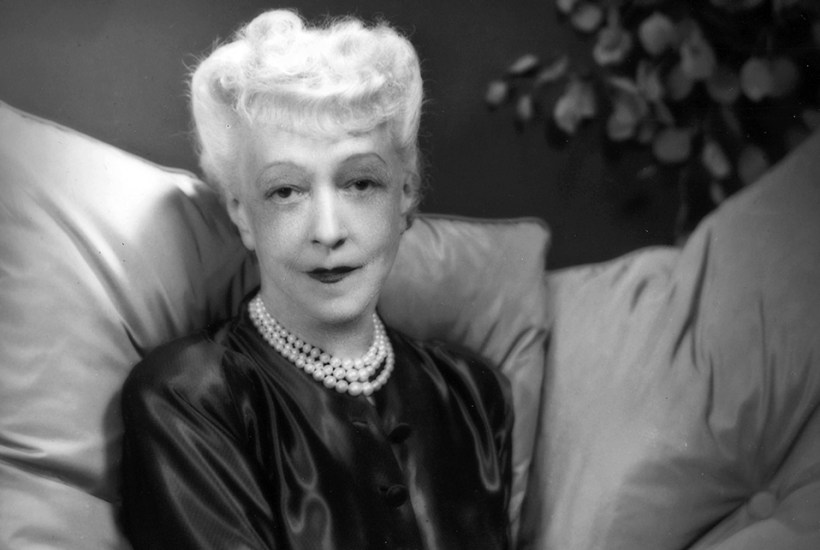
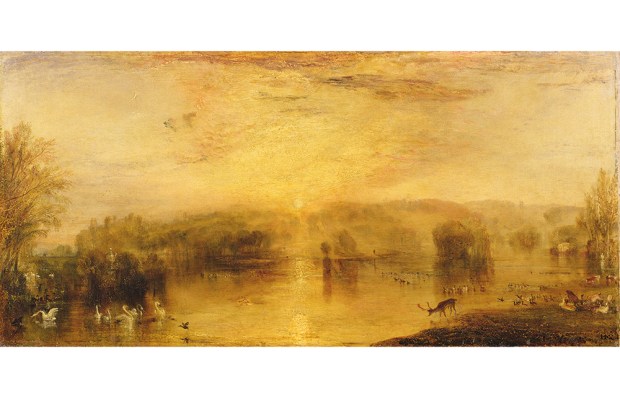


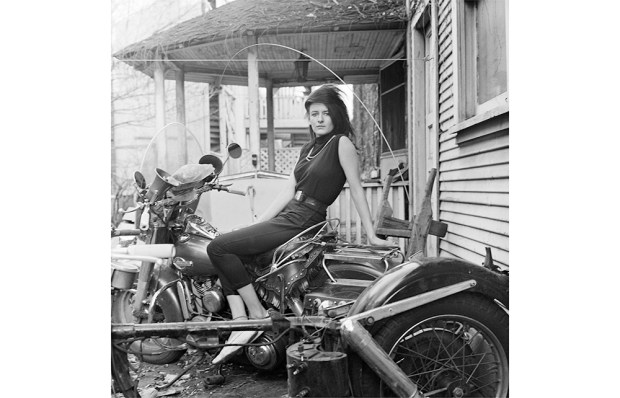
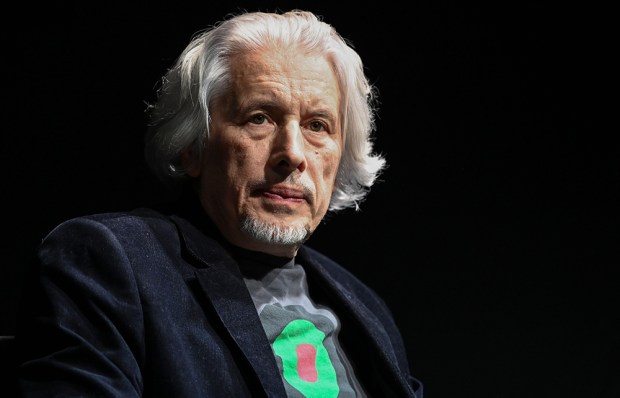
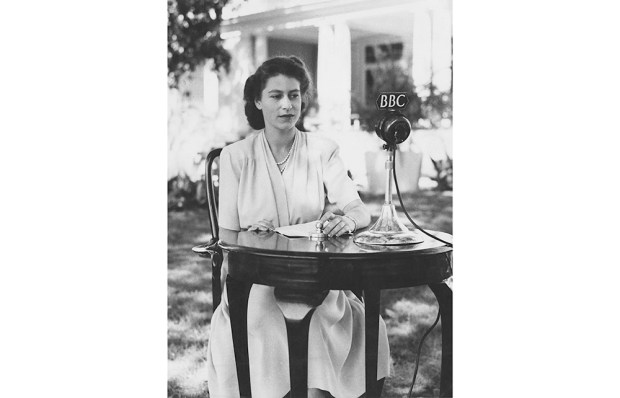






Comments
Don't miss out
Join the conversation with other Spectator Australia readers. Subscribe to leave a comment.
SUBSCRIBEAlready a subscriber? Log in